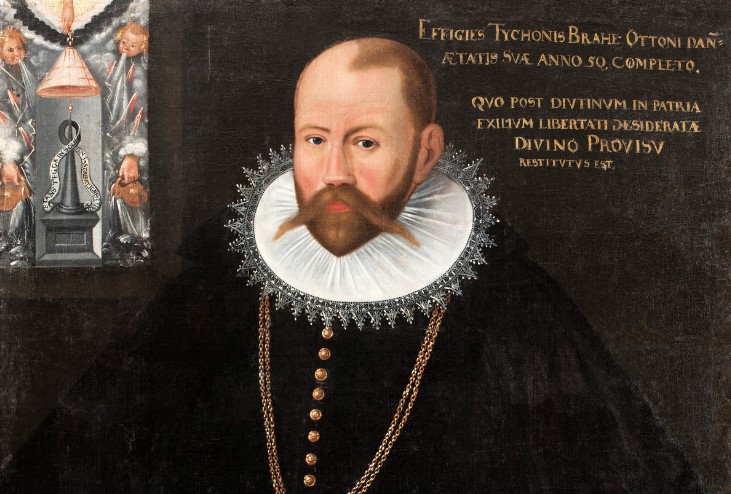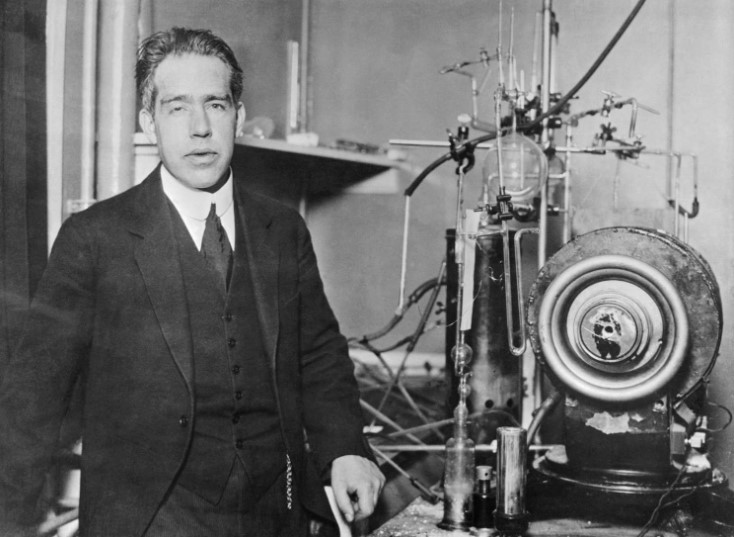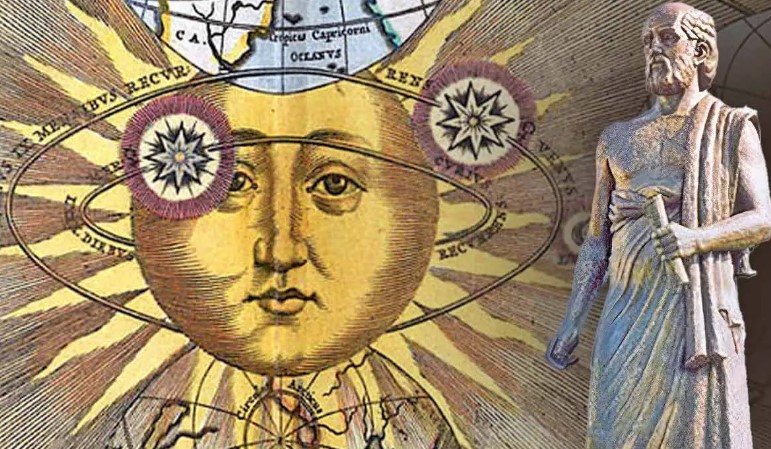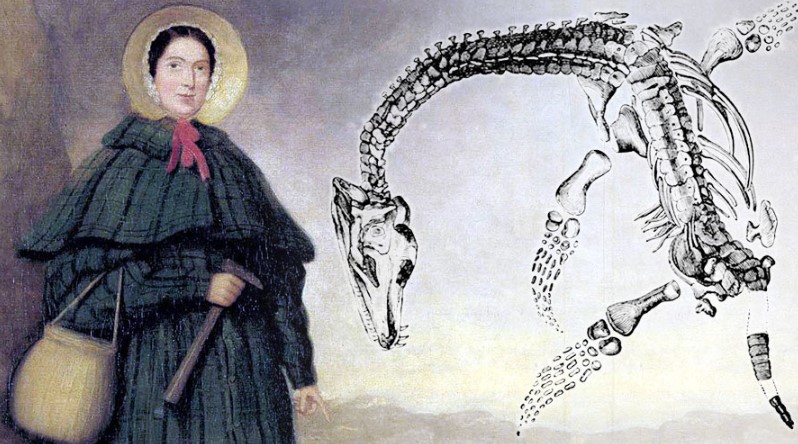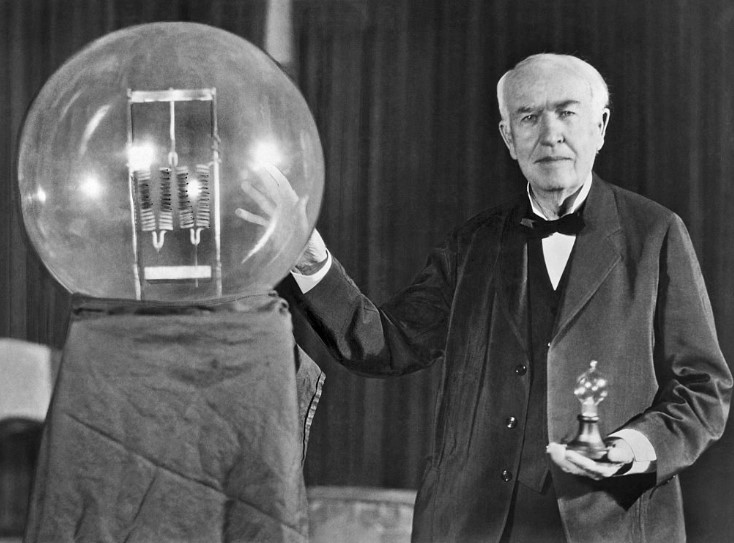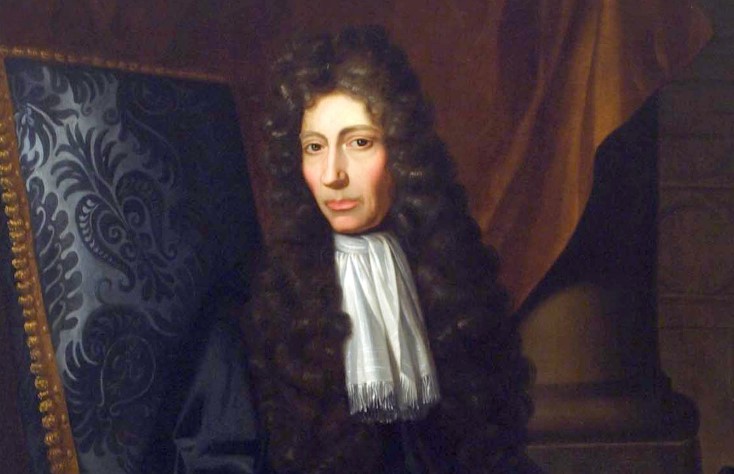
Robert Boyle: The Pioneer of Modern Chemistry

Robert Boyle, often referred to as the “father of modern chemistry,” made substantial contributions to the field of science that continue to resonate today. His work laid the groundwork for the modern understanding of chemical reactions, the nature of gases, and the scientific method itself. This article delves into the life, work, and enduring legacy of Robert Boyle, showcasing why he is considered one of the most influential scientists in history.
Early Life and Education
Robert Boyle was born on January 25, 1627, in Lismore Castle, County Waterford, Ireland. He was the fourteenth child of Richard Boyle, the first Earl of Cork, and Catherine Fenton. Boyle’s early education was conducted at home, where he showed a remarkable aptitude for languages and the natural sciences. At the age of eight, he was sent to Eton College in England, where he continued his education under the tutelage of Sir Henry Wotton.
Scientific Journey and Key Contributions
The Transition to Chemistry
After completing his education, Boyle embarked on a grand tour of Europe, which included a significant stay in Florence, Italy. There, he was greatly influenced by the work of Galileo Galilei and became committed to the empirical method of scientific inquiry. This marked the beginning of his lifelong dedication to the study of chemistry and physics.
Boyle’s Law
One of Boyle’s most famous contributions to science is Boyle’s Law, formulated in 1662. This fundamental principle describes the relationship between the pressure and volume of a gas at constant temperature. Boyle’s Law states that the pressure of a gas is inversely proportional to its volume. This discovery was crucial in advancing the understanding of gas behavior and laid the foundation for modern gas laws. Boyle’s meticulous experiments with air pumps and closed systems exemplified his commitment to empirical research and precision.
The Sceptical Chymist
In 1661, Boyle published “The Sceptical Chymist,” a seminal work that challenged the prevailing alchemical theories of the time. In this book, Boyle argued that matter is composed of tiny particles, or “corpuscles,” which combine in various ways to form different substances. This work is considered a cornerstone in the development of modern chemistry, moving away from mystical explanations and towards a more scientific approach.
Boyle’s Contributions to the Scientific Method
Boyle was a staunch advocate for the scientific method. He emphasized the importance of observation, experimentation, and the use of rigorous methods to test hypotheses. Boyle’s approach to science was systematic and methodical, and he meticulously recorded his experiments and observations. His insistence on reproducibility and peer review became a standard in scientific research, greatly influencing the development of the modern scientific community.
Pneumatic Chemistry
Boyle’s experiments with gases also led to significant advances in pneumatic chemistry. He was one of the first scientists to study the properties of air and other gases in a systematic way. His investigations into the nature of gases contributed to the discovery of various gas laws and the development of the concept of chemical elements. Boyle’s work in this area laid the groundwork for future scientists, such as Antoine Lavoisier, who would further develop the field of chemistry.
Influence on Future Scientific Developments
Impact on Physics and Chemistry
Boyle’s work had a profound impact on both physics and chemistry. His rigorous experimental methods and his emphasis on the empirical approach to science helped to establish chemistry as a distinct scientific discipline. Boyle’s Law remains a fundamental principle in physics and chemistry, and his contributions to the understanding of gases and chemical reactions continue to be taught in schools and universities around the world.
Legacy in Scientific Institutions
Boyle was a founding member of the Royal Society of London, an institution dedicated to the promotion of scientific knowledge. His involvement with the Royal Society helped to establish it as a leading scientific organization, fostering collaboration and the exchange of ideas among scientists. Boyle’s legacy within the Royal Society is a testament to his commitment to advancing scientific knowledge and his influence on the scientific community.
Personal Philosophy and Religious Beliefs
Integration of Science and Faith
Despite his groundbreaking work in science, Boyle was also deeply religious. He believed that the study of nature was a way to understand the works of God. Boyle saw no conflict between his scientific pursuits and his faith; instead, he believed that his scientific work glorified God by revealing the complexity and order of creation. His writings often reflect this integration of science and religion, demonstrating his belief in the harmony between the two.
Philanthropy and Ethical Considerations
Boyle was also known for his philanthropy and ethical considerations in science. He used his wealth to fund various charitable causes and scientific endeavors. Boyle believed that scientific knowledge should be used for the benefit of humanity, and he was committed to ensuring that his discoveries had practical applications. His ethical approach to science set a standard for future generations of scientists.
Conclusion: The Enduring Legacy of Robert Boyle
Robert Boyle’s contributions to science are immense and far-reaching. His pioneering work in chemistry and physics, his advocacy for the scientific method, and his commitment to integrating science with ethical and religious considerations have left an indelible mark on the history of science. Boyle’s legacy continues to inspire scientists and researchers, underscoring the importance of curiosity, rigor, and integrity in the pursuit of knowledge.
